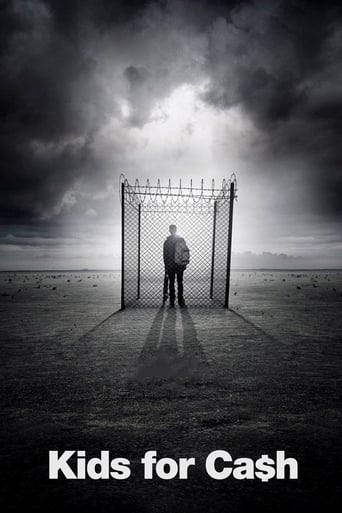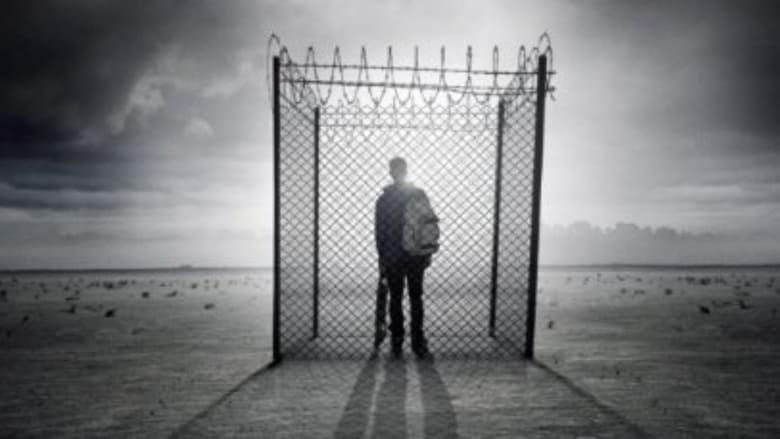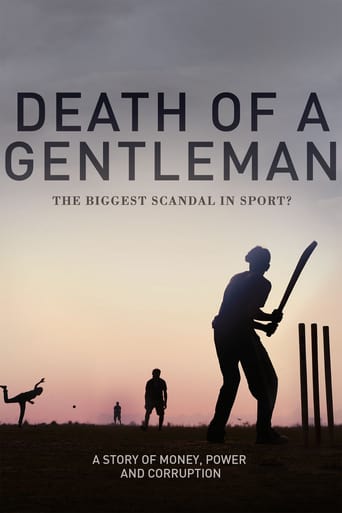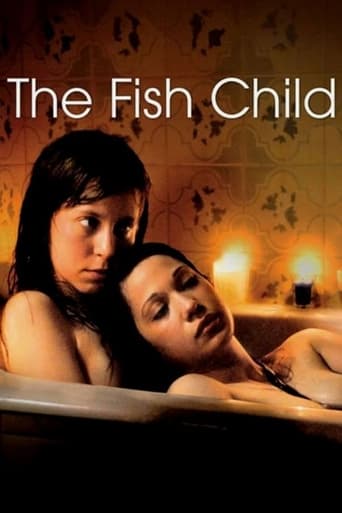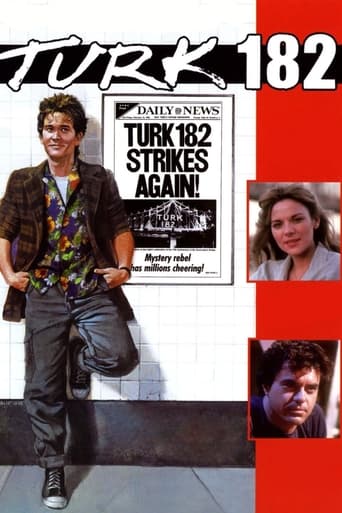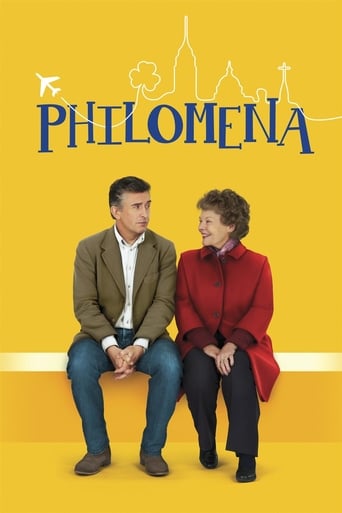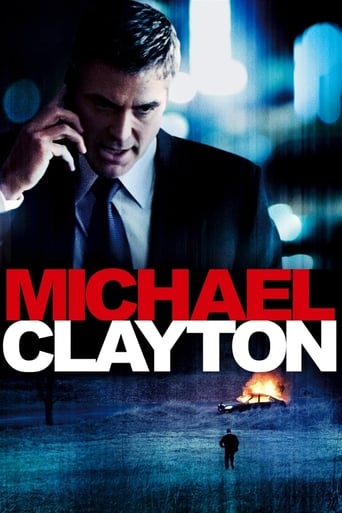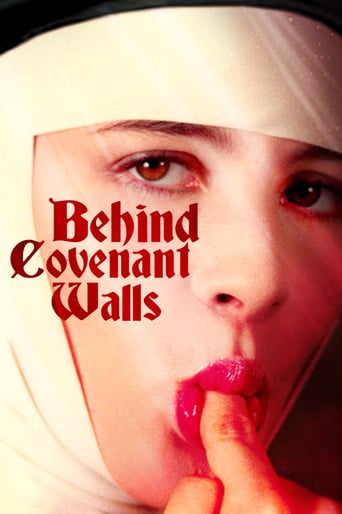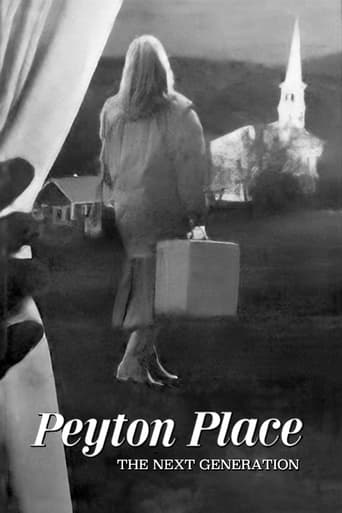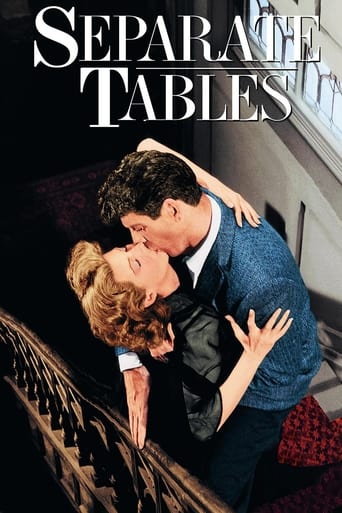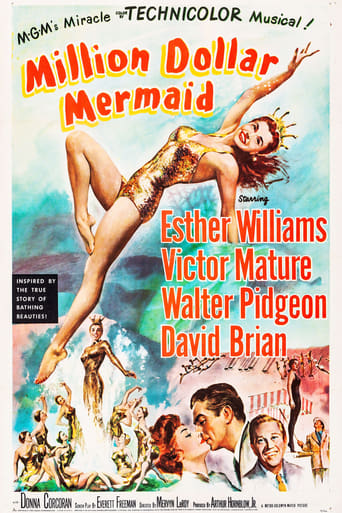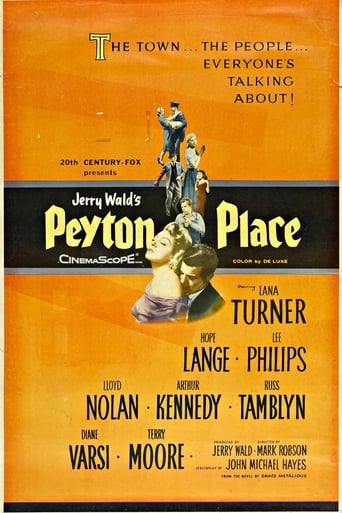Kids for Cash (2014)
A look into the judicial scandal that rocked the nation.
Watch Trailer
Cast


Similar titles
Reviews
Pretty good movie overall. First half was nothing special but it got better as it went along.
I enjoyed watching this film and would recommend other to give it a try , (as I am) but this movie, although enjoyable to watch due to the better than average acting fails to add anything new to its storyline that is all too familiar to these types of movies.
The acting in this movie is really good.
This is a dark and sometimes deeply uncomfortable drama
I concur with the Judge on this. Not guilty of cash for kids. It appears from this documentary that there were no ongoing payments for keeping the facilities full. The Judge had a reputation of sending juveniles down (prior to the decision to close the original facility).Guilty of bribery and corruption yes. Guilty of robbing the juveniles of their right to representation, but that was not on the charge sheet.The judge does describe an incident in his youth where he said his father clobbered him for attempting to steal a car. Would you rather get punched in the mouth or be sent to lock-up? That is what I would like to ask that creep. The problem lies with the system. Two million children arrested each year; 95% are for non violent crimes. This reflects the adult prison population in the USA which has the highest rate of incarceration in the world and more prisoners than the rest of the world combined. Many of these prisons are privately owned slave plantations. The justice system is corrupted by prison for profit. The parole system ensures a rapid recycling of ex cons back into the system and more profits for prison owners (like Bill Gates) The USA is a corrupted violent society. It's collapse is imminent. The facts at the end of the documentary are a sad indictment of the US and it's propensity to violence
having just watched this doc i am left feeling that it could have been more complete.As others have pointed out - no mention of the Prison/Detention Centre for profit angle, which caused the issue in the first place. No mention on what happened to the owner of the facility who paid them the 'finder's fee'.I guess that would have probably dragged the running time too long, and the topic has been covered elsewhere already (most notably in my opinion in the excellent "The house i live in"). But still a couple of minutes to explain the root cause (apart from greed) would have helped.Also - no real scientific explanation on the reason why kids should not be treated as adults to begin with. And no explanation why the USA did not sign the UN Charter? Having said that - it tried to be a well balanced piece - but the most serious flaw to me was the failure to mention the yacht and luxury condos the 2 judges bought with the money. And how they channeled the funds through various accounts and companies so that it would be well hidden. I had to dig this bit of information up myself after viewing the doc. This would negate the small part of me that actually still had some sympathy for judge Ciavarella after his tearful passage at the end of the documentary. He did not just 'pay some debts and provide for his kids'. Plain greed.
The story about two judges in Northeast Pennsylvania destroying lives is a very compelling story. However, how the film told this story left me rather cold for a variety of reasons. The story focuses mostly on Judge Ciavarella--a judge known for throwing the book (so to speak) at kids with minor offenses as well as, reportedly, sending kids to a juvenile detention facility in which he had a financial interest. In essence, folks said he was getting cash for sending kids there. It also talks, to a much lesser extent, on another judge, Michael Conahan. Both admitted to taking money from this private juvenile prison--but both make a wide variety of excuses for what they did.So why didn't I like the documentary more? Well the biggest problem is that the film allowed Judge Ciavarella way too much time...way too much. While he admitted to 'making mistakes', he mostly just made excuses and tried to talk his way out of actions that clearly were NOT ethical or legal. But by allowing him so much time and by allowing him to say things often unchallenged tended to seriously diminish from the message--such as 'I wasn't as bad as they say'. He was a judge for goodness sake and he sentenced children to prison with reckless abandon! The story clearly would have been much stronger had they given more than just a small number of cases where the judge seemed to have overstepped reasonable sentencing to show more of a pattern. The cases they gave were pretty egregious--kids who should have, at most, received minor suspensions being sent away for years! So quibbling about did he or did he not get paid for each kid he sent is a real distraction--he did destroy some kids who clearly were not yet delinquents and this should have been more the focus. After all, 2480 juvenile cases have SINCE been overturned or expunged! THAT should have been the point--driven home again and again.The bottom line is that a documentary should galvanize the audience towards or against something--this one just left you feeling a bit ambivalent. I could see some watching this and thinking the judges weren't all that bad! With 15 and 28 year sentences, I'd say that's really BAD.By the way, I did like the music.
This is a beautifully made film about the huge judicial scandal that became known as "kids for cash." Basically, two judges in Pennsylvania secretly received millions of dollars from the owners of a for-profit prison for juveniles in their jurisdiction, while at the same time pulling strings to give the prison a monopoly on juvenile detentions and (in the case of one of the judges) sentencing hundreds (literally, hundreds) of juveniles to years of incarceration in the same prison, without due process and often for truly minor misbehavior.The documentary tells its story through interviews, news footage, and a limited number of title cards. There is no narrator, and the voice(s) of the interviewer(s) are not heard. The focus is on five of the hundreds of teenagers who were imprisoned in this scam: Charlie Balasavage, Justin Bodnar, Hillary Transue, Edward Kenzakoski, and Amanda Lorah. The interviews with the victims are heartbreaking. We also hear from the two judges (Ciavarella and Conahan), who allowed themselves to be interviewed for the film while the federal cases against them were pending. In some ways, this footage, while infuriating to watch, was the most interesting aspect of the film. Among the other interviewees are Terrie Morgan, the reporter who mainly covered the scandal for the Wilkes-Barre Times Leader (and who serves as a de facto narrator), and Marsha Levick and Robert Schwartz, two attorneys with the non-profit Juvenile Law Center who worked to have the cases affected by the scandal vacated.The events covered here present dangerously rich material for a filmmaker. Should the story be about money? About power? About the juvenile justice system in general? The one weakness of the film is that it moves around among all of these themes without clearly digging into any of them. The opening and closing title sequences suggest that the third, broadest theme is the focus. But if so, why use the damage caused by two judges who were clearly corrupt as the vehicle?Despite that flaw, the film deserves 8 stars for its excellent production values and, most of all, the powerful interview footage, which brings home the effects the scam has had on so many lives.

